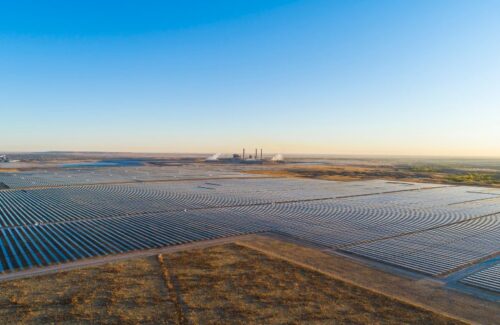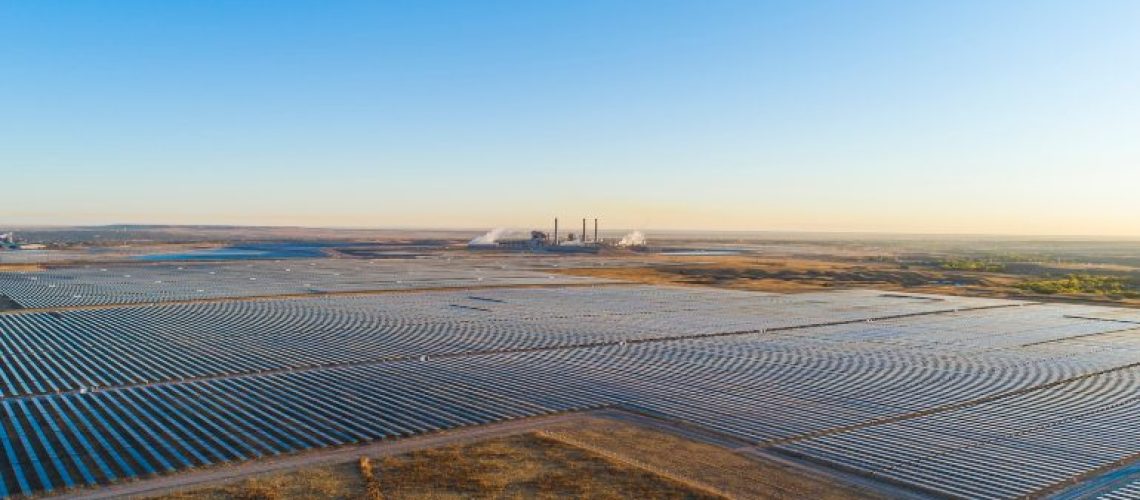
Bighorn Solar in Colorado. Credit: McCarthy Building Cos.
The Colorado Renewable Energy Siting Coalition today celebrated the signing of Senate Bill 24-212 (Local Govs Renewable Energy Projects) by Colorado Gov. Jared Polis. This bill provides resources to local governments to assess, site and permit utility-scale renewable energy projects, while considering community values, including impacts to lands and wildlife.
Colorado has long been a climate leader, and currently ranks seventh in per capita renewable energy production. To hit its goal of 100% renewable energy by 2040, the state will require an estimated three-fold increase in wind generation and a five-fold increase in solar generation. Surveys of Colorado residents continue to reinforce broad interest in diversifying the state’s energy production sou
rces with more renewable resources while simultaneously protecting wildlife and other community values. Local governments, industry and state agencies need to collaborate and move quickly to site and permit renewable energy projects while avoiding, minimizing and mitigating impacts to wildlife and maximizing benefits for communities. SB24-212 takes a significant step to ensure state agencies provide local governments with the resources and expertise to responsibly develop utility-scale renewable energy projects.
SB24-212 directs Colorado Parks and Wildlife to maintain publicly available maps of habitats where utility-scale wind and solar development could adversely impact wildlife populations, and to update best management practices to avoid, minimize and mitigate impacts from projects in sensitive habitats. In addition, local governments are required to consult with Tribal Nations for projects proposed in the Brunot Treaty area where Tribes have hunting, fishing and gathering treaty rights.
The new law also directs the Colorado Energy Office (CEO) to develop a repository for model regulations that can serve as templates for local governments to adopt policies that support both renewable energy development and wildlife resources. Additionally, the bill directs the Colorado Energy and Carbon Management Commission to provide technical support for local governments updating their land use codes and assessing individual projects.
Between now and Sept. 30, 2025, CEO and the Department of Natural Resources will conduct a study to assess local government permitting processes to determine if counties have the infrastructure and resources available to site and permit renewable energy projects at the pace and scale necessary to meet Colorado’s renewable energy goals. The study also will assess the impacts of renewable energy on wildlife and steps taken to mitigate those impacts, as well as the use of community benefits agreements to ensure host communities see meaningful benefits from the project.
“Utility-scale wind, solar and battery projects are indispensable for reducing emissions from Colorado’s grid, especially as the state has committed to sourcing 80% of its electricity from renewable sources by 2030 and achieving a fully decarbonized economy by 2050,” said Nelson Falkenburg, clean energy siting associate at CATF. “Direct engagement with communities coupled with state-level technical assistance is critical to overcome common hurdles to clean energy siting. This bill makes progress on both fronts, while paving the way for future reforms.”
News item from Western Resource Advocates



